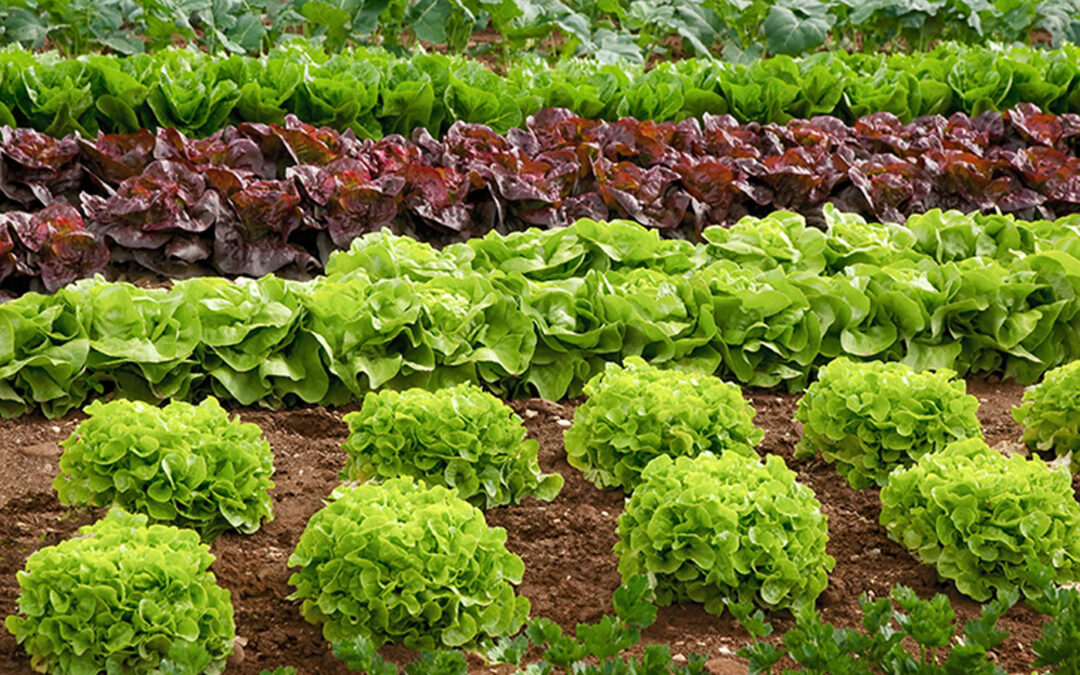Vegan Gardening is becoming more popular as a lifestyle choice. This is mainly due to the rise in veganism as more people choose to move away from eating meat and meat based products. It’s estimated that currently there are over 600,000 people in the UK that have become vegans over the last 3 years.
As a result of people becoming more aware of what they’re eating, they’re also becoming more aware of how they can tend their gardens without the use of animal products. Vegan gardening has been dubbed ‘conscious gardening’, where consideration is taken to care for your outside space without harming the environment and bio-system.
If you’re considering opting for vegan gardening, then here’s a few tips to get you started
1. Let your diet be your guide
If your diet is already vegan or you’re thinking about opting for this type of diet in the future, then consider what you want to grow in your garden to sustain it and help you manage your diet. Growing what you eat is a good starting point when you’re considering vegan gardening.
2. Organic Vegan Fertilizers
Most fertilizers are made with bone meal, which is not suitable when you’re considering vegan gardening. But a simple swap to a fertilizer containing alfalfa meal or seaweed will be a fantastic alternative. You could also make your own vegan fertilizer by steeping comfrey in water for a week or so and using the liquid on your garden.
3. Organic Vegan Compost
You can make your own vegan compost by composting green vegetable food waste, grass cuttings, garden clippings and leaves. There is a fantastic product on the market called Fertile Fibre which is organic and vegan too. For more information on Fertile Fibre, take a look here
4. Learn to love your bugs!
Insecticides usually contain many components that are harmful to the environment and this isn’t conducive to the ethos of vegan gardening. But, without actually harming any of the bugs and pests that inhabit our garden spaces, there are some products that can deter pests rather than eradicating them. Copper tape can help deter pests and perhaps consider building a ‘bug hotel’, which will keep your plants from being eaten and give your garden bugs a lovely habitat in which to thrive.
5. Plant based meal products
Instead of using bone meal which obviously is derived from animals, consider plant based meal alternatives, such as alfalfa, soybean and kelp meal.
6. Vegan plant tonics
Rock dust, ash and rotted wood chips can help with keeping your soil in good condition. Here are some other ideas for soil tonics that will keep your garden lush and gorgeous without harming the environment.
7. Replace animal manure with green manure
At the heart of the concept of vegan gardening is the removal of any animal product from the garden. So, we need to look for alternatives to the traditional animal based manure that we’ve been using for hundreds of years. A good alternative is to buy a green manure containing red or white clover.
8. Other considerations when vegan gardening
Along with learning to love your garden pests, it’s a good idea to avoid digging your garden soil as often. It’s bad for the soil and bad for your back! Here’s a great article explaining why over-digging your garden is bad.
If you’re considering moving towards vegan gardening and need some advice or information on how to get started, then take a look at our website www.gardensuppliesglos.co.uk We are Garden Supplies, suppliers of sustainable landscaping products delivered to your door in and around the Gloucestershire area. From nursery to planting out, garden supplies deliver where other companies can’t. For more information, take a look here or give us a call on 01453 547299 – we’d be happy to help!

